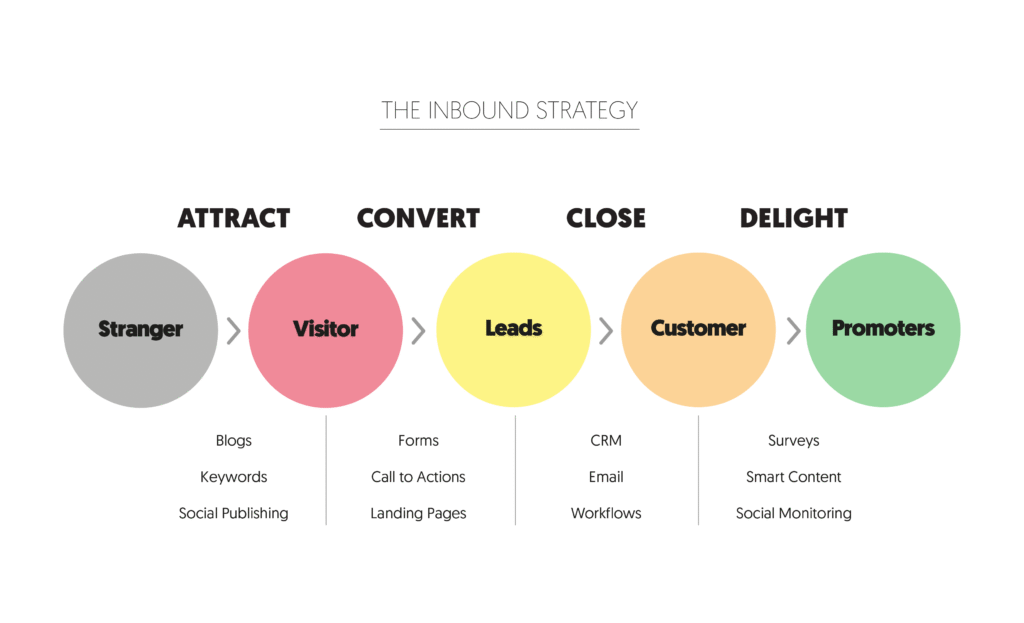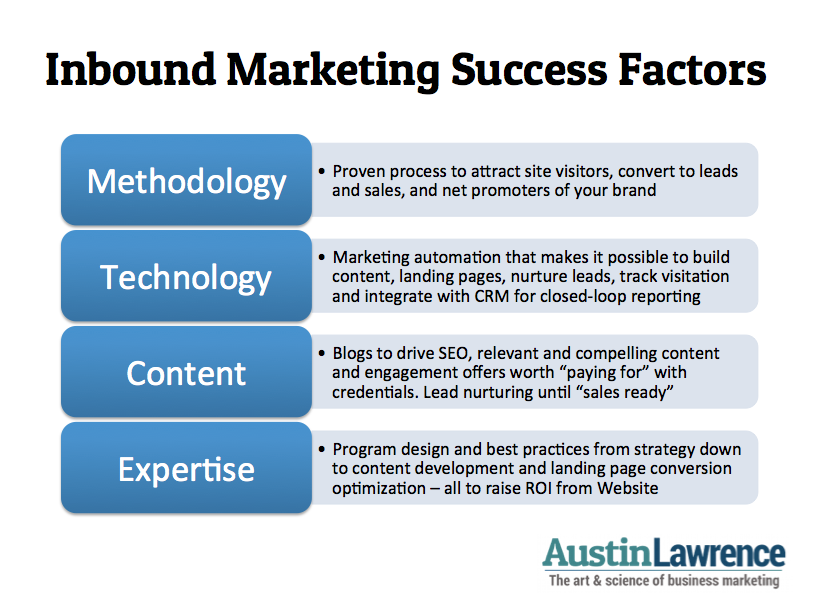In today’s digital-first world, customers don’t want to be sold to — they want to be informed, engaged, and valued. This is where inbound marketing comes into play. Unlike traditional outbound methods that push messages to consumers, inbound marketing services are designed to pull your audience in by providing helpful, relevant content tailored to their needs.
Let’s explore what inbound marketing services are, how they work, and why they’re essential for modern businesses.
What Are Inbound Marketing Services?
Inbound marketing services encompass a variety of strategies and tools that attract potential customers through valuable content and experiences rather than interruptive advertising. It’s all about earning people’s attention and building trust over time.
These services typically include:
- Content Marketing
- Search Engine Optimization (SEO)
- Social Media Marketing
- Email Marketing
- Lead Nurturing & Automation
- Conversion Rate Optimization (CRO)
- Analytics & Reporting
Key Pillars of Inbound Marketing
1. Attract the Right Audience
Using high-quality blog posts, social media updates, SEO strategies, and videos, businesses can attract people who are already searching for solutions to their problems.
2. Engage With Valuable Content
Once you’ve captured attention, you need to keep visitors interested. This is where compelling landing pages, engaging newsletters, lead magnets, and informative webinars play a key role.
3. Delight and Retain Customers
Inbound marketing doesn’t stop after a sale. By providing continued value through helpful content, surveys, support, and personalized follow-ups, businesses build long-term relationships with customers.

Benefits of Inbound Marketing Services
- Cost-Effective: Inbound leads cost 61% less than outbound leads.
- Builds Brand Authority: Quality content positions your brand as a trusted expert.
- Generates Qualified Leads: Attracts visitors who are already interested in your product or service.
- Improves Customer Loyalty: Keeps your audience engaged post-sale.
- Provides Measurable Results: Data-driven insights help optimize strategy over time.
Common Inbound Marketing Services Offered by Agencies
- SEO & Content Strategy Development
- Blog Creation & Management
- Email Automation & CRM Integration
- Social Media Scheduling & Campaigns
- Landing Page Design & A/B Testing
- Marketing Funnel Optimization
- Lead Scoring & Reporting Tools
Is Inbound Marketing Right for You?
Inbound marketing is ideal for:
- B2B and B2C companies
- Startups looking to grow brand awareness
- E-commerce stores aiming to increase conversion rates
- Service providers focused on client retention
- Educational institutions and nonprofits
If your goal is to attract long-term, loyal customers who genuinely care about your brand, inbound marketing is the perfect fit.

Factors of Inbound Marketing:
Inbound marketing is a customer-centric strategy that focuses on attracting potential customers through valuable content and personalized experiences. Unlike outbound marketing, which pushes products to consumers, inbound marketing draws them in naturally by offering helpful resources and building trust over time.
To run a successful inbound marketing campaign, businesses must understand and implement its core factors. Below are the key factors that drive the success of any inbound marketing strategy:
1. Content Creation and Strategy
Content is the backbone of inbound marketing. Creating valuable, informative, and relevant content tailored to your target audience is essential. This includes:
- Blog posts
- eBooks
- Case studies
- Videos
- Infographics
A well-planned content strategy ensures you address the buyer’s journey—from awareness to decision—by offering solutions to their problems and questions.
2. Search Engine Optimization (SEO)
SEO helps your content get discovered on search engines. Without proper optimization, even the best content may remain unseen. Key SEO elements include:
- Keyword research
- On-page optimization (titles, headers, meta descriptions)
- Backlink building
- Mobile-friendliness
- Page loading speed
By improving SEO, you enhance visibility, drive organic traffic, and reach the right audience at the right time.
3. Social Media Engagement
Social media platforms are powerful tools for distributing content, engaging with your audience, and building brand awareness. Effective use of platforms like Facebook, LinkedIn, Twitter, and Instagram allows businesses to:
- Share valuable content
- Interact with followers
- Run targeted campaigns
- Build brand loyalty
Engagement through social media strengthens relationships and nurtures leads.
4. Lead Generation and Conversion
Inbound marketing isn’t just about attracting visitors; it’s about turning them into leads and customers. This involves:
- Creating high-converting landing pages
- Offering lead magnets (free eBooks, checklists, webinars)
- Using call-to-actions (CTAs)
- Designing optimized forms
Each step should be geared toward capturing visitor information and moving them through your sales funnel.
5. Email Marketing and Automation
Email marketing allows for continuous engagement with prospects. Automated email sequences help nurture leads based on their behavior and interests. Benefits include:
- Personalized content delivery
- Lead nurturing campaigns
- Post-purchase engagement
- Re-engagement of inactive leads
When used strategically, email keeps your brand top of mind and drives conversions.
6. Buyer Personas and Target Audience
Understanding your ideal customer is key. Developing detailed buyer personas helps tailor content, messaging, and offers that resonate with specific segments. Consider:
- Demographics
- Interests
- Pain points
- Goals
Knowing your audience allows for more effective communication and higher ROI.
7. Analytics and Performance Tracking
Measuring the effectiveness of your efforts is crucial. Using analytics tools, you can monitor:
- Website traffic
- Bounce rate
- Conversion rates
- Campaign performance
This data allows for informed decisions, continuous improvement, and strategic adjustments to maximize results.
Final Thoughts
Inbound marketing is not just a strategy — it’s a philosophy that puts your customer first. By creating meaningful connections through content, engagement, and value, you build a loyal audience that not only buys from you but also advocates for your brand.
Whether you’re a startup or an established enterprise, investing in professional inbound marketing services is a smart move to grow sustainably in today’s competitive digital landscape.